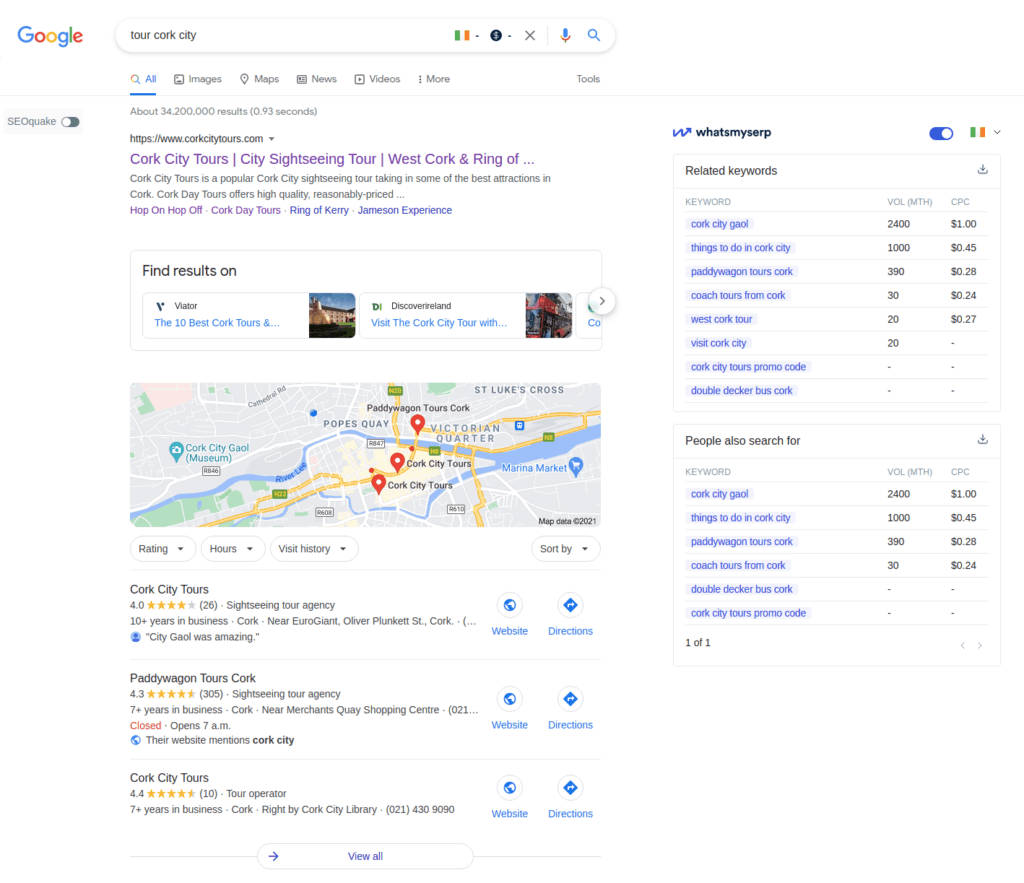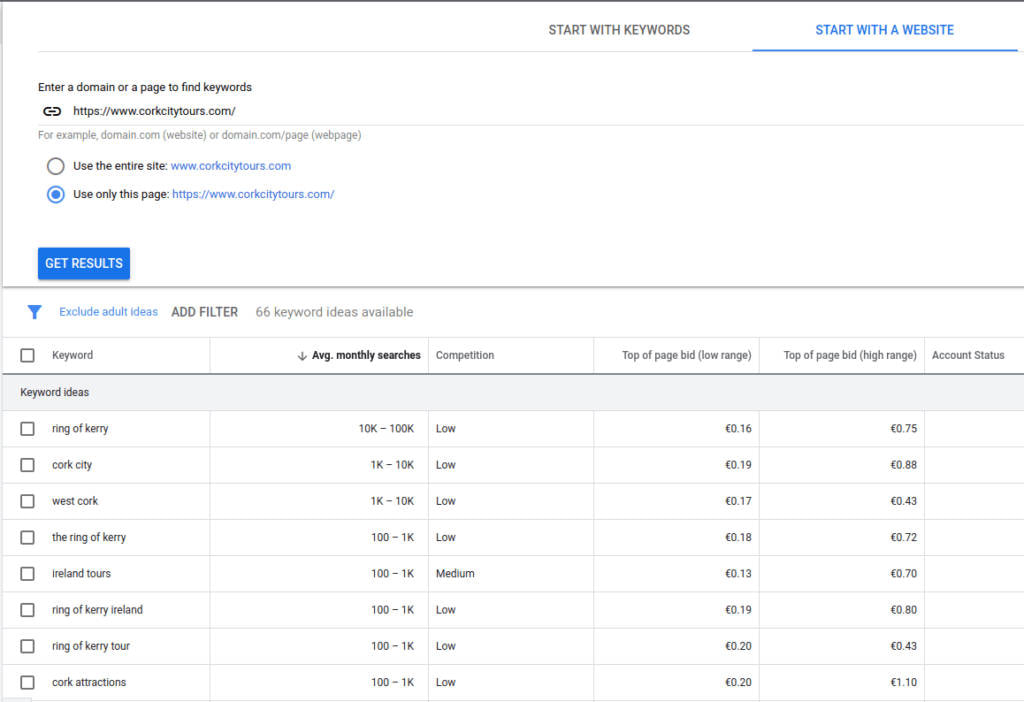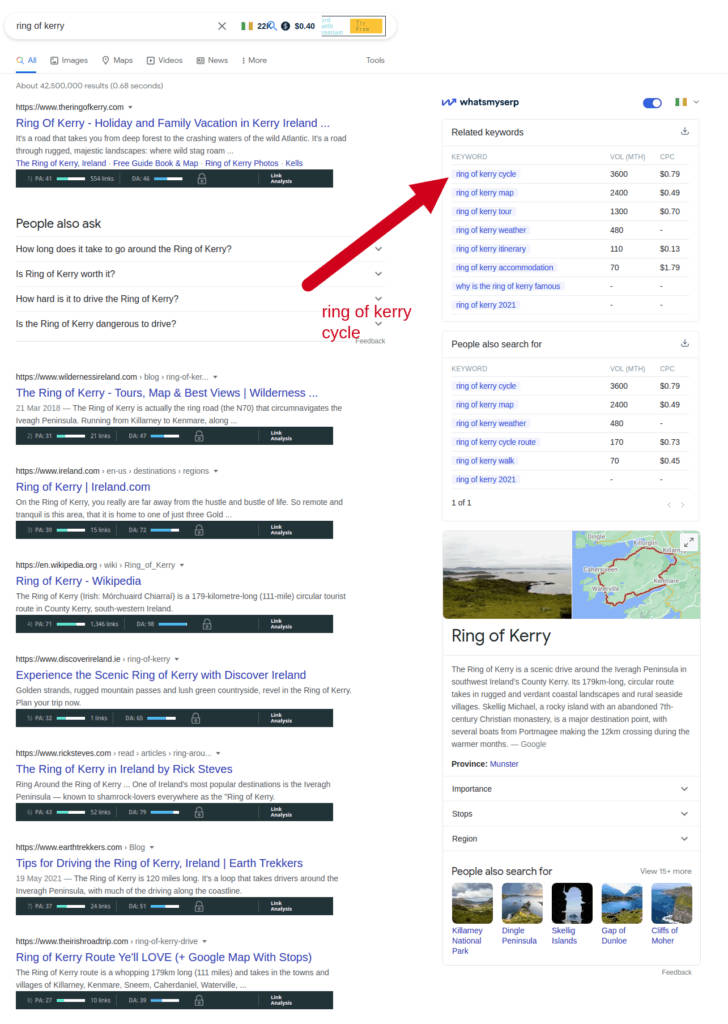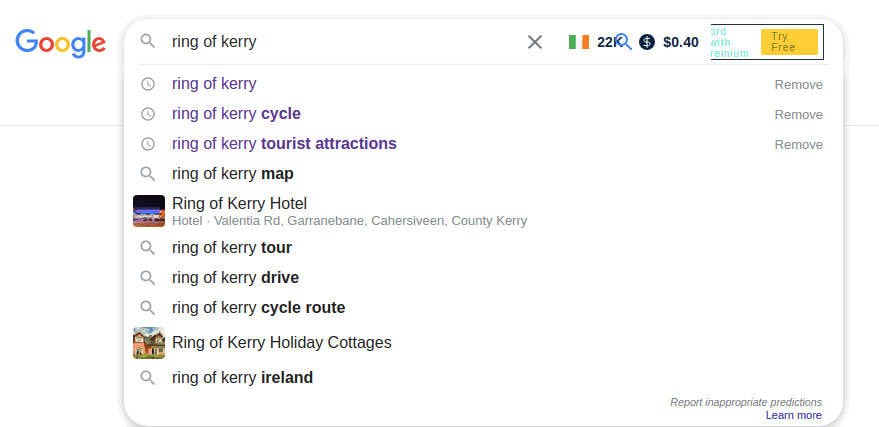 Google optimization is a long-term process in the Search Engine Ranking Game. The question on the tip of every business owner's lips. How do I improve my Google optimization? Anyway, my first experience with Search Engine Optimization was way back in 2003 when I ran a small recruitment business in South Korea. Back then all it took to rank number 1 on Google was a keyword-rich domain name and some keyword-stuffed content. Those were the days. Nowadays things are a lot different. Keyword stuffing is out for a start. Thanks to the Panda Google search algorithm update. Since then there have been thousands of Google algorithm updates. Some worked. Some didn't. But generally thanks to these updates. You'll find that Google these days generally prioritizes well written, well keyword researched content in line with user search intent. To keep up with Google’s algorithm updates, marketers should prioritize content quality and understand user intent. Well, that and nearly 250 other ranking signals. Everything from on-page semantic markup, to backlinksto expertise, authority and trust (EAT). And not forgetting the all-important page speed optimization that has to be completed for your website before it can rank. Choosing keywords to get you ranked on Google Search. I find personally, that choosing your keywords for search engine/Google SEO is a lot like panning for gold. You have to sift through a lot of mud before you get a golden nugget. I'm going to go through one approach for doing keyword research to rank on the Google SERP (Search Engine Results Page). Doing keyword research for Google ranking is different from doing keyword research for other marketing activities such as content marketing or social media. Starting Google Optimization of the Rebel City tour. I'm not in the tourism niche or anything. However, I am in the interactive content and web app space. And in order to raise the profile of Hahamarketing.com as well as to celebrate the 100 years of the birth of the Irish nation. I've created a Rebel city tour web app. The Rebel city tour takes you on a tour of Cork city 100 years ago. Listing the various republican volunteer actions against the British Crown forces in the city. The tour features everything from bomb factories, assassinations and shootings. All on the streets of Cork city. And provides geolocation info to steer you between way points on your mobile phone. Assuming you are in the city center with your smartphone. As well as pictures and an audio description of the stories of the Irish war of independence you can access from home. To take advantage of this [position zero] feature and generate more clicks, include a page of fairly general frequently asked questions and provide clear answers. For example, a sales software provider can post answers to questions such as “What does point-of-sale mean?” to cast a wide net and draw in readers. “More than 50 percent of Google clicks originate from featured snippets Goals. I have 3 main goals in mind for this Google optmization project.
Measuring my progress. There's hardly much point in setting SMART goals if you can't measure your progress now is there? To this end, I'll be monitoring my Google ranking and other metrics in the Google search console. I'll also be using Google Analytics to measure my user session time, bounce rate, sessions and other metrics. While keeping a close eye on dimensions such as geolocation, device type and language of visitors. To use Google Analytics effectively. We'll first need a measurement plan. In my measurement plan I'll set out exactly what it is I wish to measure and what exactly my Key Performance Indicators are going to be. I'll also be sure to set goals in analytics for things like new users, newsletter subscriptions, video views etc... A side note about the search volume figures. Generally, you'll find search volume figures from 2 source categories. Google keyword planner and various other sources such as chrome extensions like whatsmyserp or ubersuggest. Also SEO tools such as SEMRush.com, SERanking.com and Ahrefs.com provide search volume figures, keyword difficulty and domain authority (DA). People change. Plain and simple. And as our behavior changes, technology evolves to keep up with our wants and needs. So, search engines have to change too. Keyword Difficulty Score I personally ignore the keyword difficulty metrics from such SEO tools. As I have my own method for ascertaining keyword difficulty, which I describe below. I don't really trust the SEO tools for this important task. consumers who search for less popular keywords expend more effort in their search for information and are closer to a purchase, which makes them more targetable Domain Authority As for domain authority. I find it of some use for high-DA websites with E.A.T. Any site with a domain authority of over 70 using these tools. Generally means that it's a relatively important website. Anything below 70 and the tools start to vary their estimates wildly. Anything below a DA of 30 and the figures should not be trusted in my opinion. For smaller websites, I prefer to use Alexa ranking instead. Search Volume Metrics. As for search volume figures. My initial reaction would be this. If you want to find out what people are searching for in Google. Ask Google. Especially considering Google doesn't release exact search term volume. The problem however is that keyword planner search volume is bucketed eg. 1K - 10K searches. While also at the same time being broad match. So ring of kerry cycle will be included in search term results for cycling kerry. This has advantages and disadvantages. Is the search volume from the various SEO tools and extensions any better? And where do they get their data from? Like I stated previously. Google is really the only one that knows what the search volume figures are. However by piecing together figures from multiple sources such as Clickstream data, Google ads forecast and user data. SEO tools take a rough best guess at search figures. While these figures can be useful. They should not be taken for the gospel. They are not accurate exact match figures like the SEO tool creators would have you believe. The keyword research begins. Segments representing low-involvement consumers are composed of those who typically search for more popular keywords, and vice versa This is how I personally approach searching for Google optimization and SEO. First, find a competitor web page that ranks highly in Google for your head term ie. "cork city tour". You might find it easier to break down search queries into groups when gauging user intent ie. Navigational queries. Informational queries. Commercial queries. And Transactional queries. Since a tour sales company is in the number 1 spot for this search term. It's safe to assume that the search intent for this term is commercial.  Google search term for 'tour cork city'. Google search term for 'tour cork city'. Run the leading website of your choice through a Google keyword planner analysis to get a list of relevant keywords. In this case, i'm going to go with the website on the number 1 spot on Google. Now sort the table records by the all important Avg. monthly searches. According to Google, there is only moderate search volume for terms like cork attractions. However there is lots of search volume for the term ring of kerry. Since Kerry is an adjacent county to Cork. And is only a relatively short drive away. It may be interesting to follow this path and see where it leads. Taking Ring of Kerry of as my head term I now turn to my whatsmyserp chrome extension. I type ring of kerry in to Google and see what comes up on whatsmyserp. If you don't want to use whatsmyserp chrome extension. If for example, you aren't using chrome. You can get the same results or better using the Google autocomplete function. Which will suggest search terms for you when you start to type a query. These search terms will be ranked in order of search volume descending. And are a great indication of Google search volume. Whichever solution you use. We can come to the conclusion that the head term ring of kerry gets somewhere in the region of 22K searches per month. According to our moz bar metrics above. The number 1 webpage in the Google SERP has a DA of 46 and has 554 backlinks to their webpage. Although, it's the quality of the backlink that counts. Not the number. At this initial stage, this page is probably too competitive to be pursued. Instead of the head term, it makes more sense to go after a long-tail derivative search term instead. It seems - from whatsmyserp - that ring of kerry cycle is a popular long-tail search term. Definitely something worth looking into. So again, we search for user intent and general Google search results by entering the search term ring of kerry cycle into Google. BINGO. On this Google results page or SERP. We find web pages from charity donation sites, sports clinics. But most telling of all - less prominent User Generated Content (UGC) pages from social networking sites like Twitter and Facebook. This tells me that it will be worth my while competing for this search term. Finally, so the question remains. What does a Rebel city tour in Cork city have to do with a cycle around the ring of Kerry? Well perhaps we'll create a blog post or web page which ties one to the other. Maybe a web page with the title... 'Ring of Kerry cycle finished. What's next?' ,,, well, come to Cork city and do the Rebel city tour of course. Of course creating a blog post for online content creation is another blog post which I hope you'll read. Happy Hunting!
0 Comments
|
|




 RSS Feed
RSS Feed
